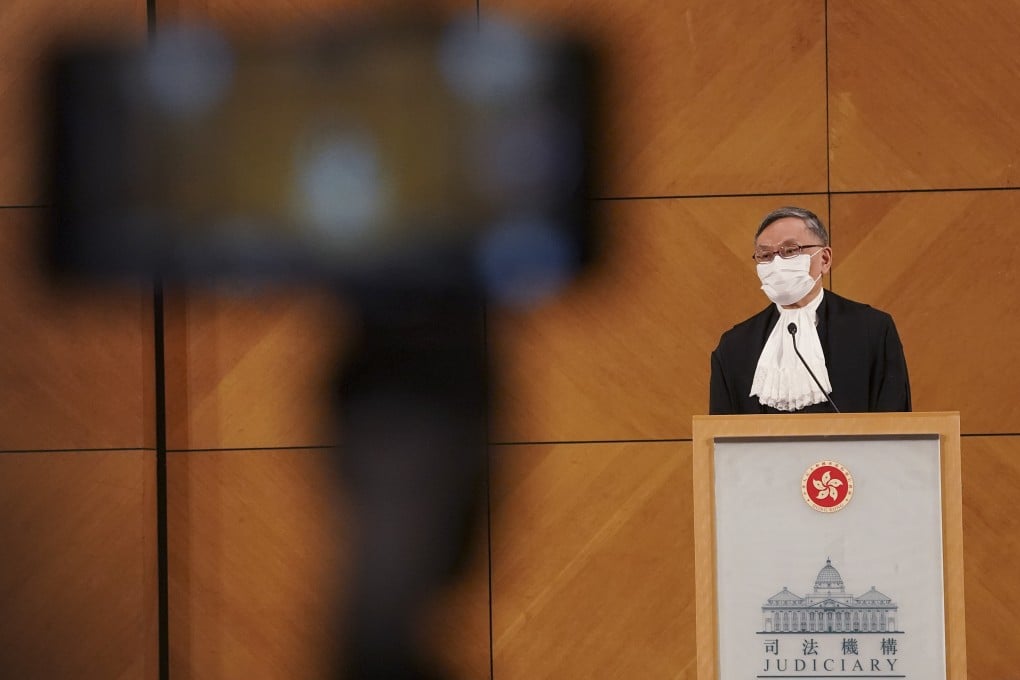Editorial | Hong Kong’s new chief justice deserves society’s full support
- With the judiciary facing fire on multiple fronts, Mr Justice Andrew Cheung Kui-nung has put accountability and reform near the top of his agenda

Judges have faced extreme criticism and even threats from those unhappy with their decisions amid the city’s political divisions. Cheung used his speech to defend the fundamental principles of the rule of law. Rights and freedoms must be “jealously protected”, he said. The chief justice warned that unfounded allegations against judges risked undermining public confidence in the judiciary.
But he also made it clear the judiciary was accountable and not above criticism. Cheung said he intended to speed up the hearing of important cases and those attracting wide public attention, including appeals. This is intended to enable the higher courts to quickly clarify the law and provide consistency, perhaps in the form of sentencing guidelines. He also warned judges to take care to ensure the words they used in court did not create a perception of bias and promised to review the mechanism for complaints against them. The chief justice emphasised the need for the judiciary to be professional, efficient and to move with the times. He highlighted the importance of training and ongoing efforts to digitise legal procedures.
These comments should offer some reassurance to those pressing for judicial reform. The judiciary is open to change, but any reforms should be led by the chief justice and must uphold judicial independence. There are also other challenges. The courts are facing waves of hearings related to the civil unrest of 2019, a rise in immigration cases and the impact of the pandemic. The judiciary is also having difficulty recruiting high-quality lawyers to its ranks.

